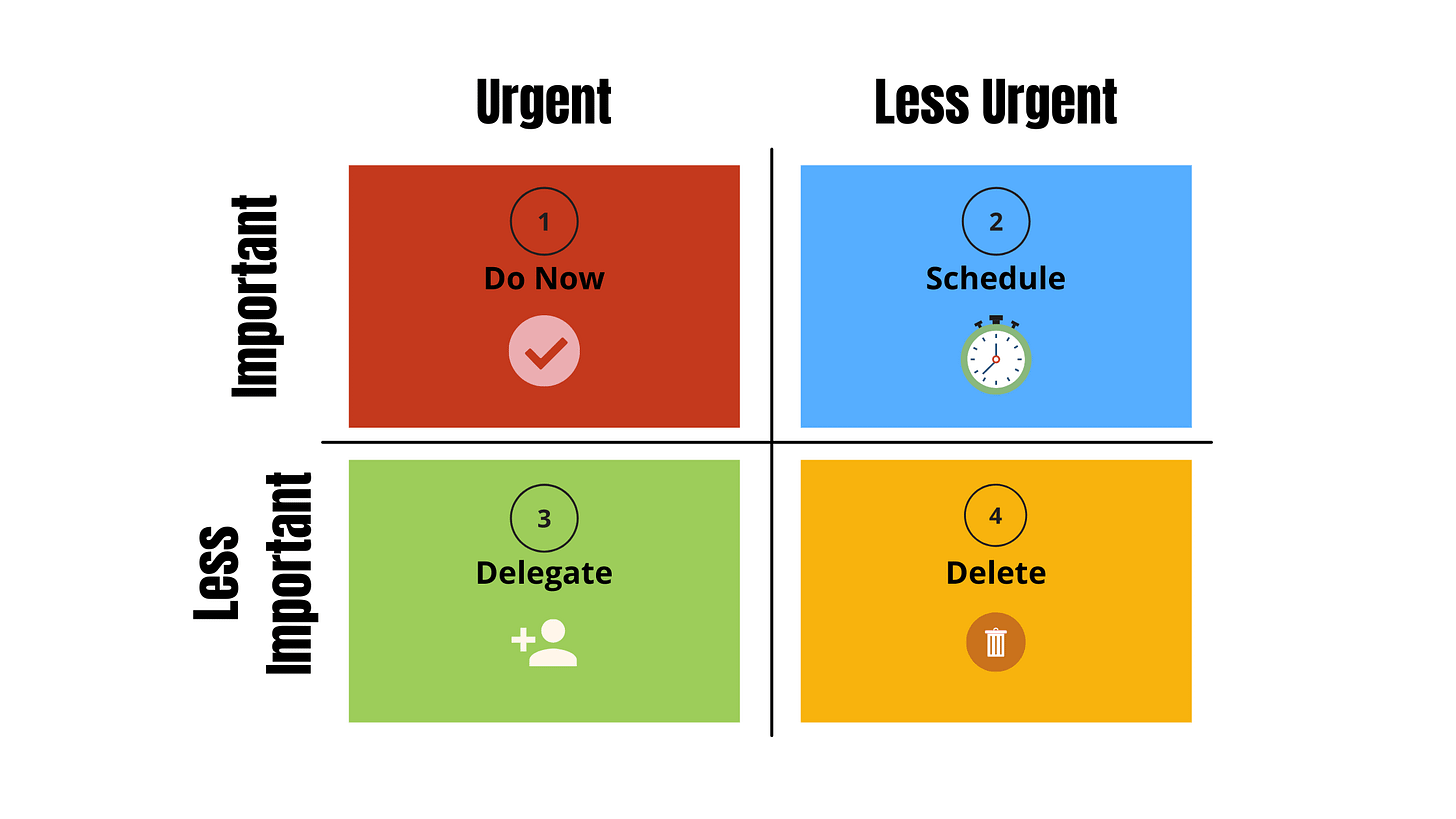Whether you're on set or in the office, there's almost always something to do. Even if it's just straightening the crafty table or cleaning up the white board, you can probably come up with something to keep you busy.1 But eventually, even the most fastidious and conscientious assistant is going to run out of ideas.
In that case, you can (and should) say those four magic words every boss wants to hear: “Do you need help?”
The Real Question
There are other ways to phrase it, of course. “Is there anything you need done rights now?” Or, “What can I do to help the show?” Or the every popular, “Is there anything I can take off your plate?”
Really, they all mean the same thing. You want to make the show/office run more efficiently, make your boss's life easier, and maybe learn something along the way. You can, for example, ask if there's a long-term project your boss wants done, but isn't urgent; maybe you can work on that during slow periods? Or just ask what's bothering them on set, and see if you can contribute to smoother operations.
President Eisenhower famously created the “Priority Matrix,” a very simple, very analog time management tool. A four-by-four grid that split tasks along urgency and important lines.
Your boss most likely has a stack of jobs in the “important but not urgent” and “urgent but not important” squares taking up mental space and cerebral energy. Take those off their hands.
But Why?
This obviously benefits your boss greatly, but what's in it for you, you might be asking?
For one, this is the best way to learn how the business is really run. When you're sent on a run or told to schedule a meeting, you're basically following instructions that are handed down to you as they're needed. But when you ask for an assignment, you'll get to see your boss's mental process. You'll start to understand what they're prioritizing and why.
As an added bonus, this makes you a better assistant. You'll start to be able to anticipate what's needed, before it moves from not-urgent to urgent.
Nothing to Do
Okay, so sometimes, there really is nothing for you to do. The 2nd AD is making the callsheet, the lead agent is negotiating your client's pay, whatever. It's over your head, above your paygrade, and you simply cannot help. That, dear reader, is a golden opportunity.
That's when you say, “Can I watch?”
But not, like, in a creepy way.
“Can I sit in on the meeting?” “Can I listen to the call?” “Can I read over your shoulder?” (Or maybe ask if you can project the screen over AirPlay.)
Promise to be quiet. You won't say a thing, you just want to learn. When it's all done, you can (and should) ask follow up questions. But in the moment, the best thing you can do is be observant.
Not only are you guaranteed to learn a lot (which makes you better at your job now and better positioned to get promoted later), but this will improve your relationship with your boss. You’re paying a huge compliment when you say you’d like to learn from them. Even if you do nothing practical at all in this time, they'll remember you as an ambitious go-getter when the time comes for you to look for the next step in your career.
So my two pieces of advice today are: ask if you can do something; then ask if you can do nothing. Your boss will thank me today, and you'll thank me tomorrow (or pretty soon, at least).
If you’re reading this and you’re a department head or otherwise have an assistant, what would you like your serfs underlings employees to ask?
There's probably no harm in listening to a podcast or audio book while doing mindless work, but be sure to keep one ear open for someone who needs a hand.





I think there are some good suggestions here - but one crucial point that needs to be made, during both busy and quiet times in the workplace, is the value of an employee taking something on themselves (with the bosses' permission). I feel that there are many times, where 'Is there anything I can do to help' can feel unproductive, and even annoying to a boss. If the employee can instead say, "Hey, I noticed we don't have 'X' here, do you want me to set that up?" or "I'd be happy to reach out and connect with this list of potential clients" --- having a task (or a few options) in the pocket and ready to go will take the load off of the boss to think of something. Because when a boss says 'Thanks, but I don't think so,' they are really thinking 'Darn, I'm paying this person right now to do nothing.'
I remember the good old days when the question every boss liked to hear was "I know where I can get some quality Peruvian Blow!" Of course, that's because Don Simpson went through a lot of assistants! But seriously folks, the only thing any boss these days wants to know is "How good you are on social media" and "I'm willing to work longer hours for less pay!"